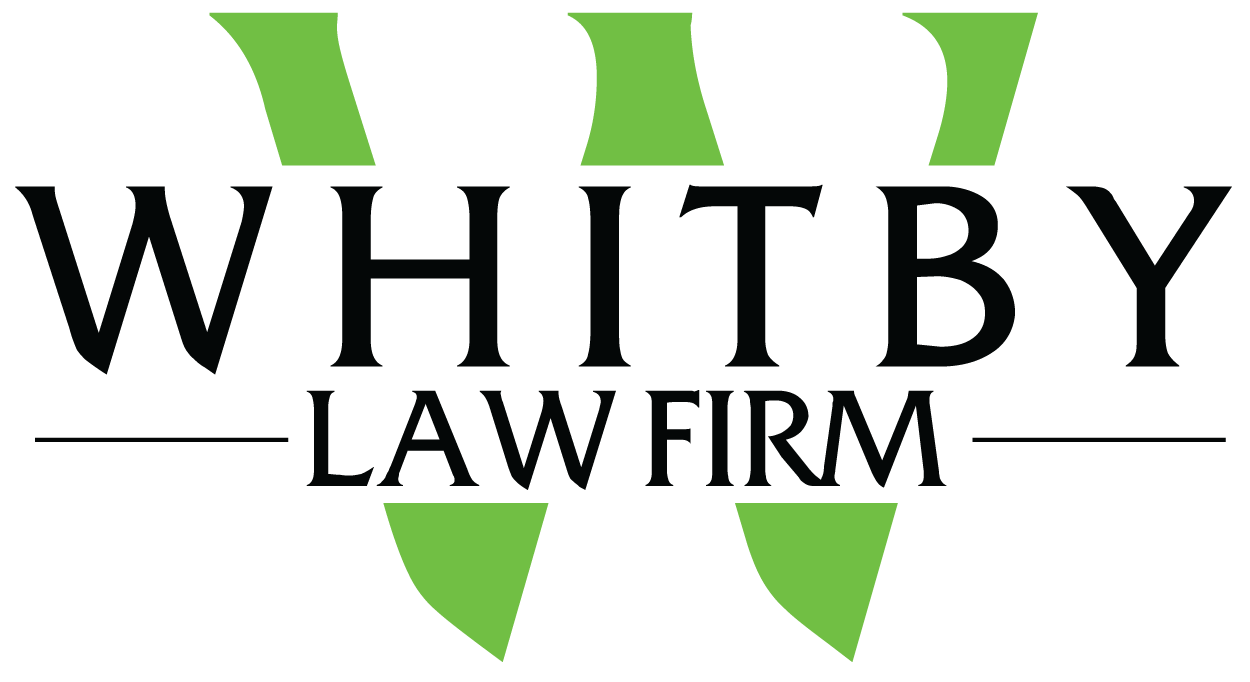Cooperative Divorce using Mediation
All couples will have to come up with a financial plan for the future. It may be as simple as dividing all the assets and going your separate ways, or as complex as calculating child support, spousal support, division of property and cash flow for the next 20 years. Couples with minor children must have a parenting plan, so there were some suggestions to get you started. Some couples will work out the details of their parenting plan first, others will need to look at finances first to determine what is feasible and what is not. There's no right or wrong way to go about this, as long as you do it cooperatively.
Now that you are familiar with the issues, the next question is how are we going to decide the terms of our separation? Some couples need little or no help. They can buy a book and write their own separation agreement, or download a form off the internet. Other couples need a little help, and some will need a lot. Generally, the more work a couple has done on their emotional divorce, the easier the remaining work will be. However, even the best prepared couple can hit a snag. Then the question becomes what to do next. Hire lawyers and go to court? If you go to court you can expect to spend thousands of dollars in attorneys' fees and have little if any control over the outcome. A judge will tell you what to do with your house, your bank account, your pension and your children.
You can choose to mediate instead. You and your spouse can select a neutral third party, a mediator, who will help you decide kfor yourselves what to do with the house, bank account, pension and children. You can create your own separation agreement, with terms that suit your particular needs. The mediator doesn't tell you what to do, but does help you make informed choices.
Mediators use lots of techniques to help you make decisions. Even if communications with your spouse aren't good, a skilled mediator can help each of you express your concerns and get your needs met. Mediators help you focus on your interests, rather than on what you may think you want. Among other things, it is always in the best interest of both parties to reach an agreement they can live with, and mediated agreements are honored more than litigated settlements.
The typical steps in mediation are to identify the issues, create options for resolving them, analyze the options, discard options that don't meet the needs of all the parties (including the children), and choose the best solution. Once you have made your choices the mediator will prepare an agreement for you, which you can have incorporated into a formal legal document.
Mediation works best when both parties are confident that they can represent their own interests. The better informed you are before beginning mediation, the more effectively you can use the process. It's worthwhile to pay an attorney for an hour or two of time to be advised of your rights and responsibilities before you start negotiating.
The Advantages of Mediation
Mediation offers significant advantages over litigation:
- Control. You make the decisions, not a lawyer or a judge. You decide when to meet, how often and for how long. You decide what the issues are and how you want to resolve them.
- Confidentiality. All discussions are in private, rather than in open court. Only you, your spouse and your mediator know what is said in mediation.
- Creativity. Mediation allows you to make your settlement fit your family, rather than making your family try to fit the law. You can create parenting and financial agreements that would be beyond the inclination or powers of the court. For example, the "nesting" agreement for child custody (children remain in the home and the parents move in and out).
- Cost-Effectiveness. Because you are in control you know exactly how much you are spending. Your mediator can show you how to do things on your own (budgets, worksheets, schedules, etc.) and how to use mediation efficiently. A typical legal bill for litigation might be $40,000. For mediation you might spend only $600 - $1,000.
- Certainty. When you go to court you gamble with your future. The judge has only a limited amount of time to hear your side of the case and make a decision. The outcome is totally unpredictable. Mediation puts you in control of the outcome.
Mediation is voluntary. You participate because you want to, and you can stop at any time.
The outcome is fair. There's no agreement unless both parties feel that the terms are fair. It's a win-win approach to separation and divorce, benefiting the spouses and the children.
Article by: Caryn . Lennon, J.D
Published July 17, 2004
Practice Areas
Family Law
Divorce, Guardianship, Child Support, Pre-Nuptial Agreement
Mediation
Family and Business Mediation
Adoptions
Newborn, Step-Parent, Adult
Estate Planning
Wills, Deeds, Power of Attorney
Criminal Defense
DUI/DWI, Expungements, All Criminal Issues
Business
Business creation, Contracts, and more

